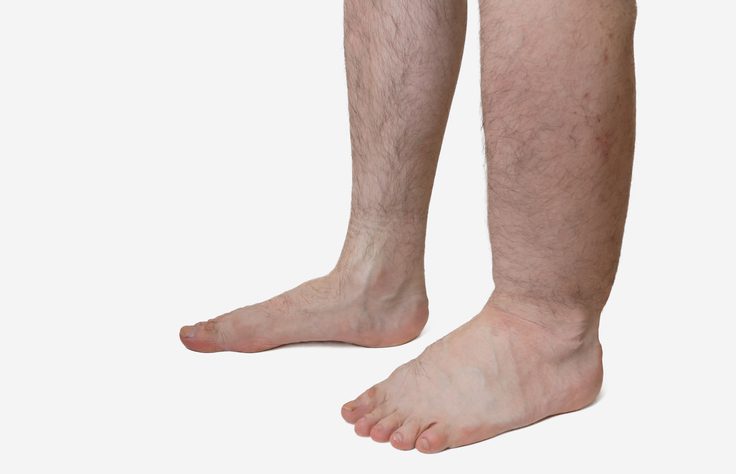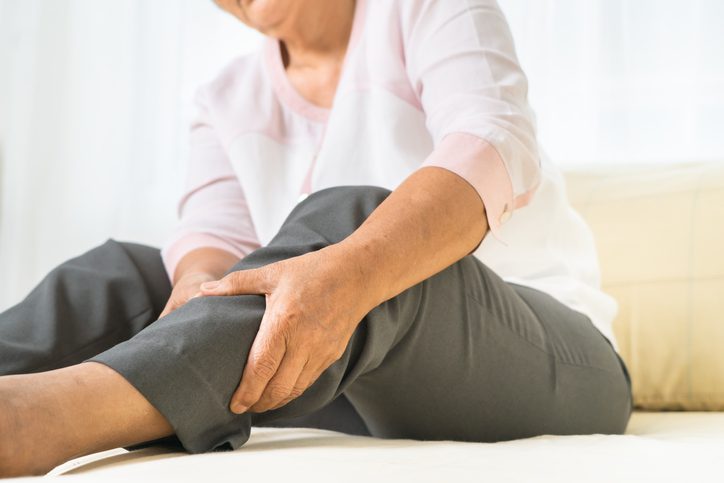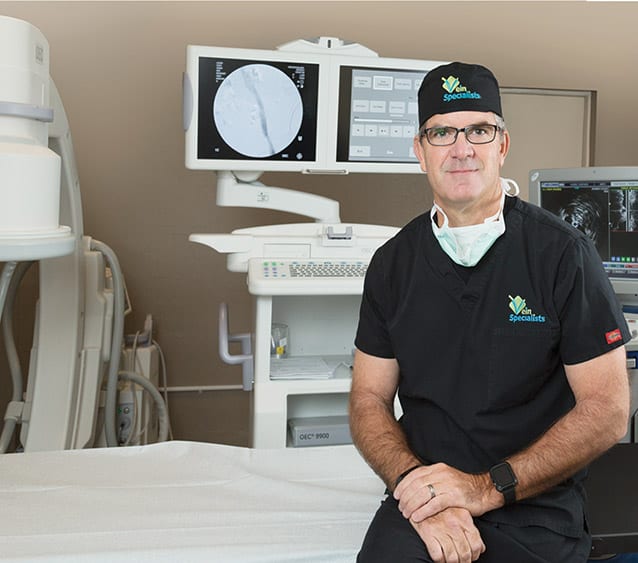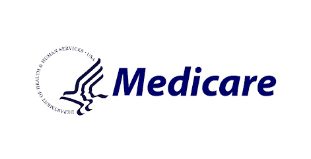Causes of Swollen Legs
Although swollen legs may not always be a serious health issue, there could be underlying treatable medical causes. If you have been sitting, standing, or walking for an extended period and have swollen legs, it may be time to see a doctor. Visit Vein Specialists in Fort Myers or Bonita Springs to learn more about the possible causes. Although leg swelling and pain are not always linked with vein issues, venous disease is a common cause. If caught early, there are minimally invasive swollen leg treatment options. These treatments can prevent serious complications of untreated venous disease.
Common health issues that may cause swollen legs include:











